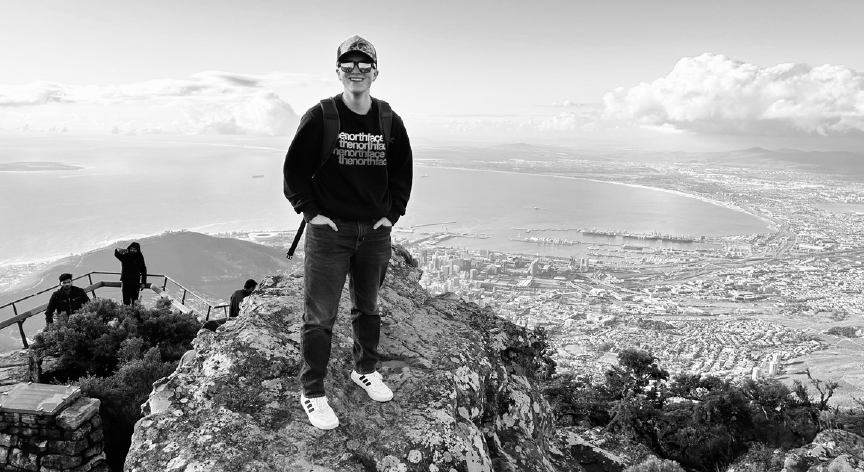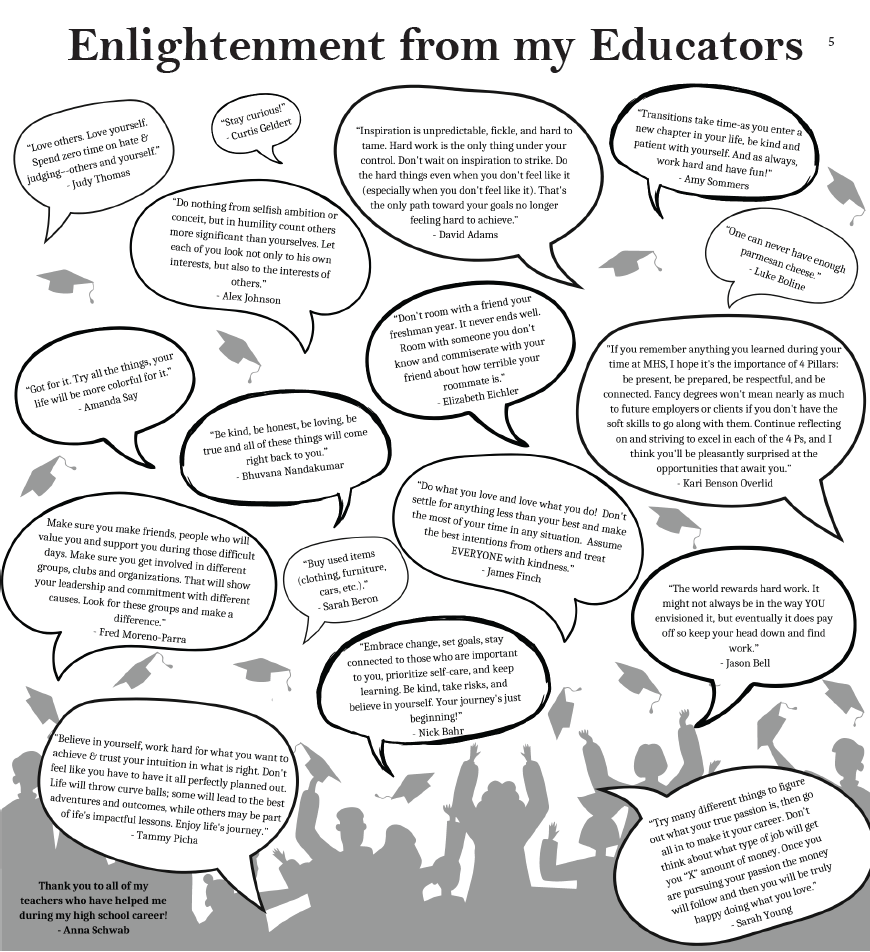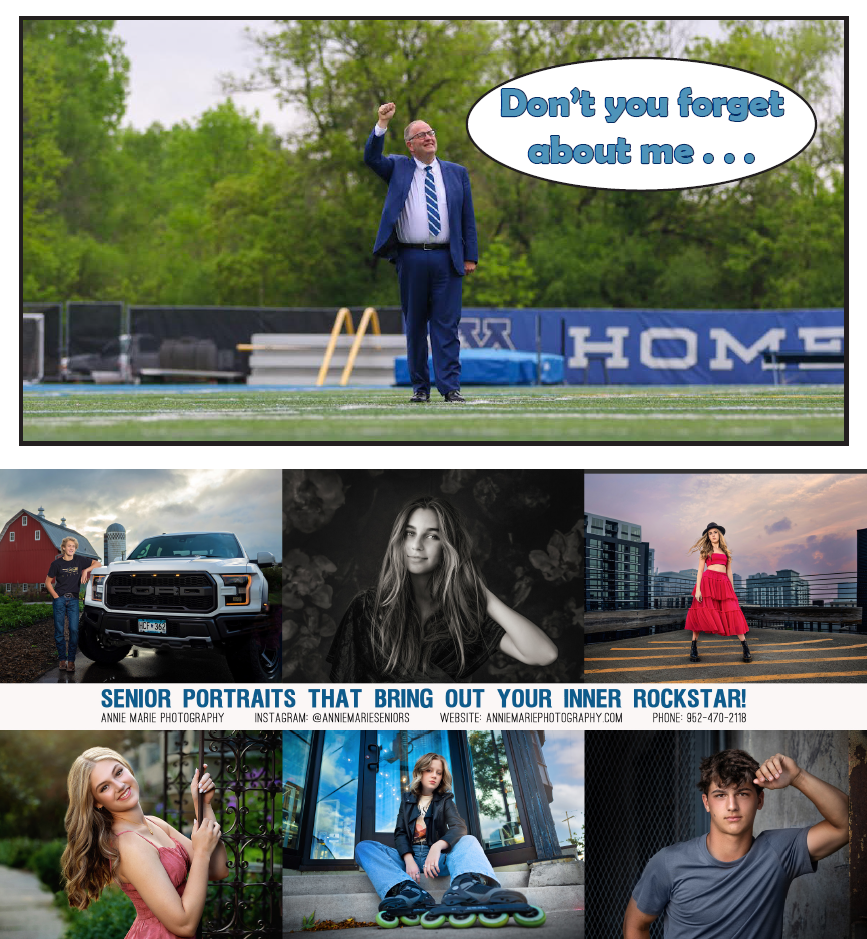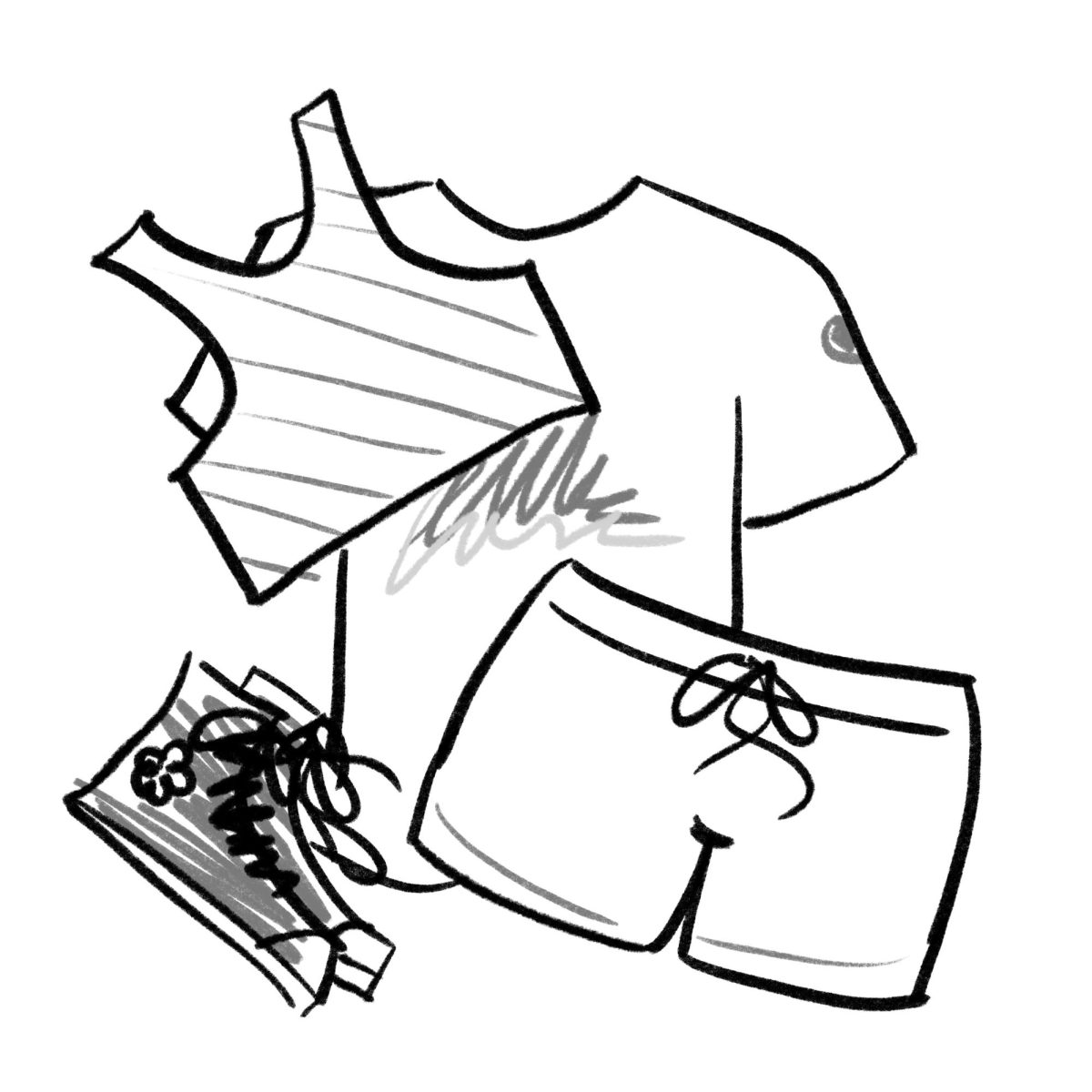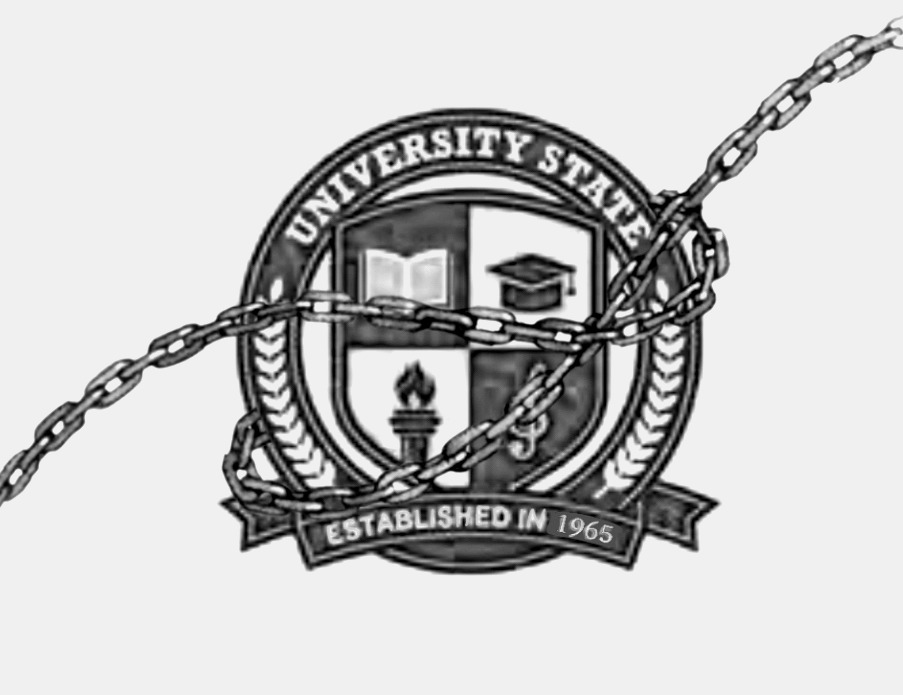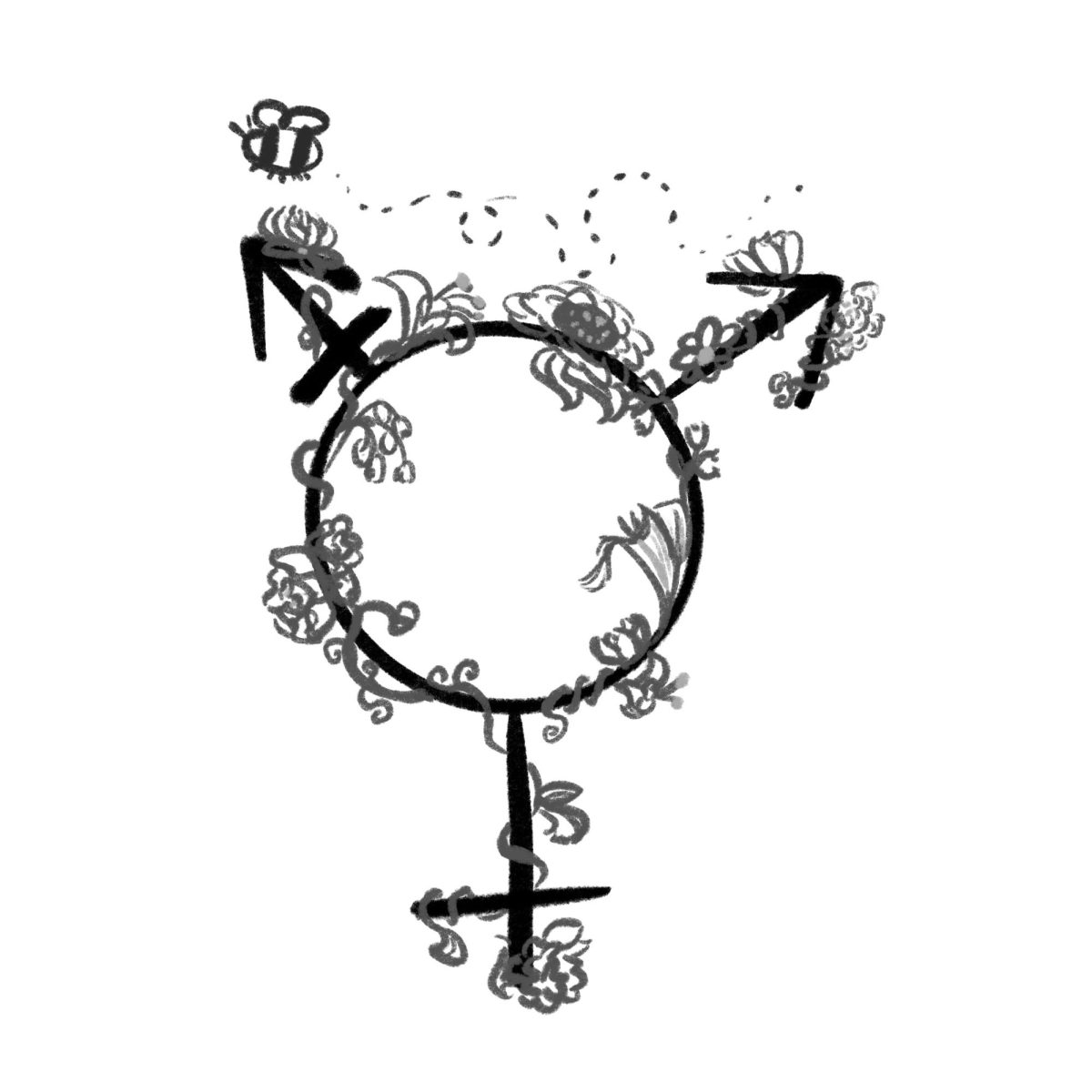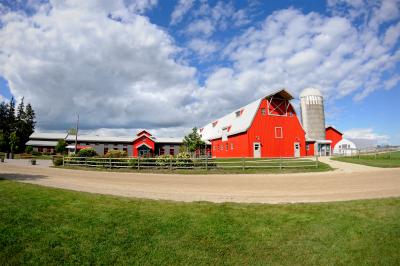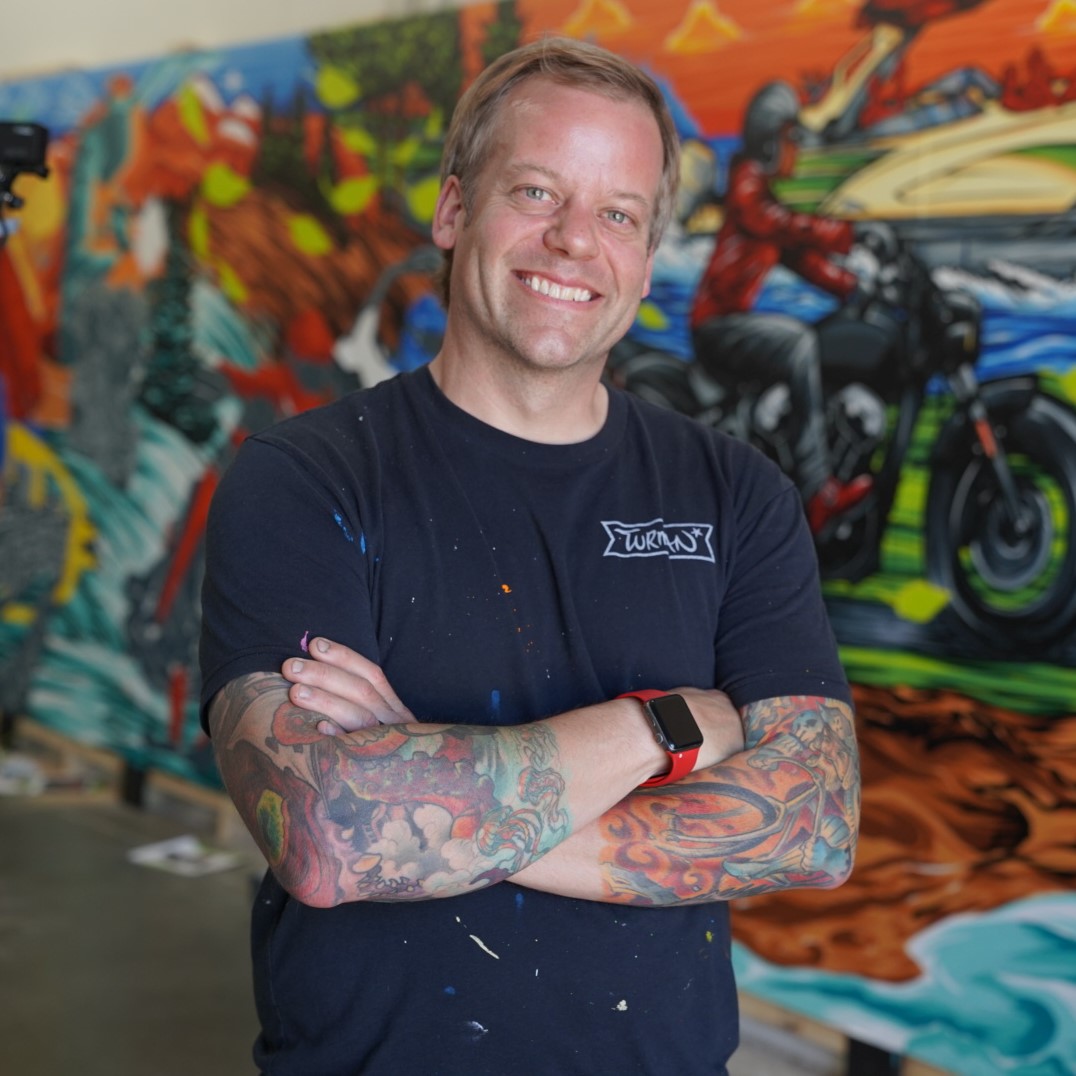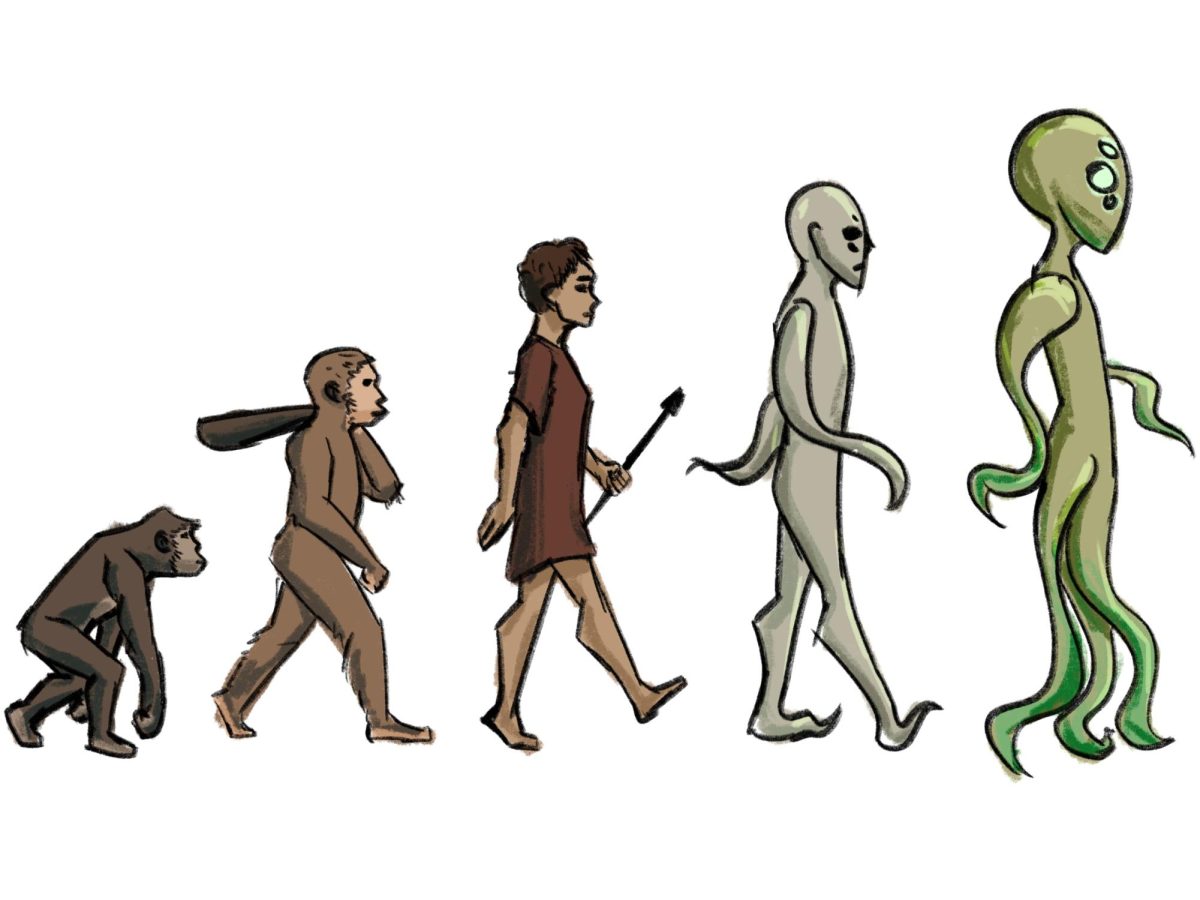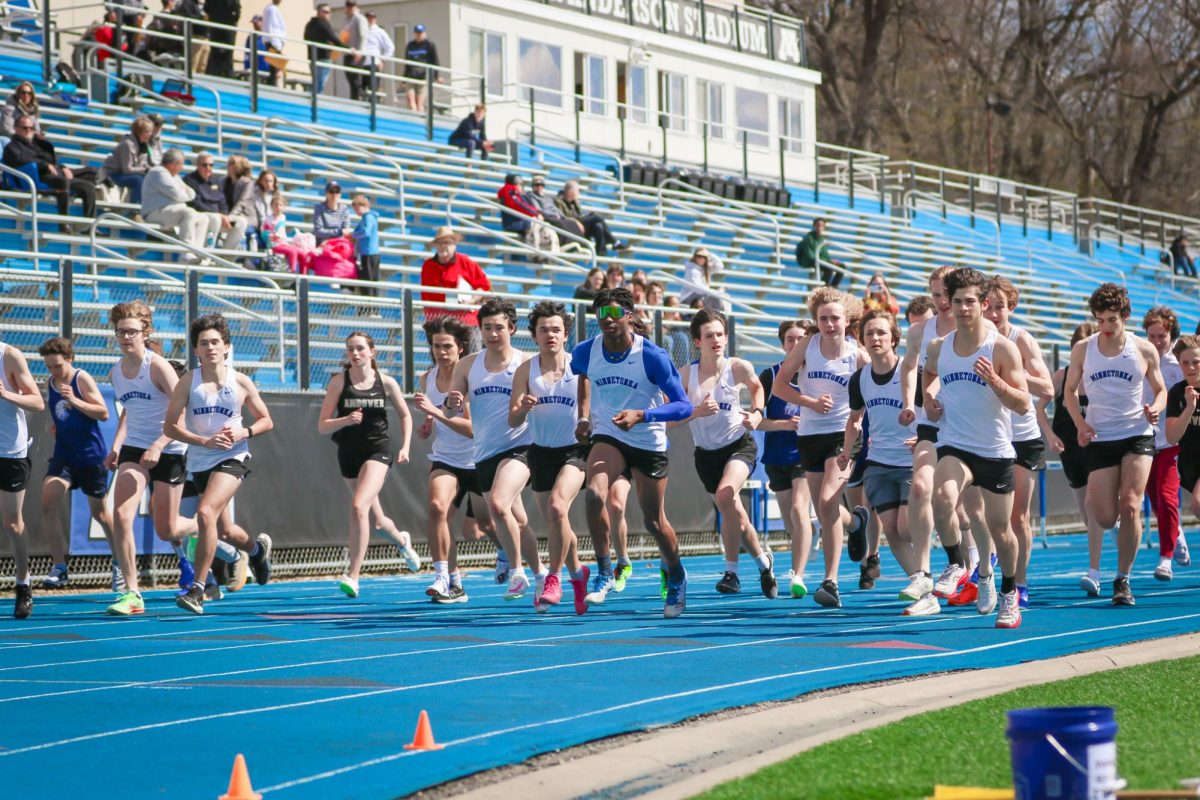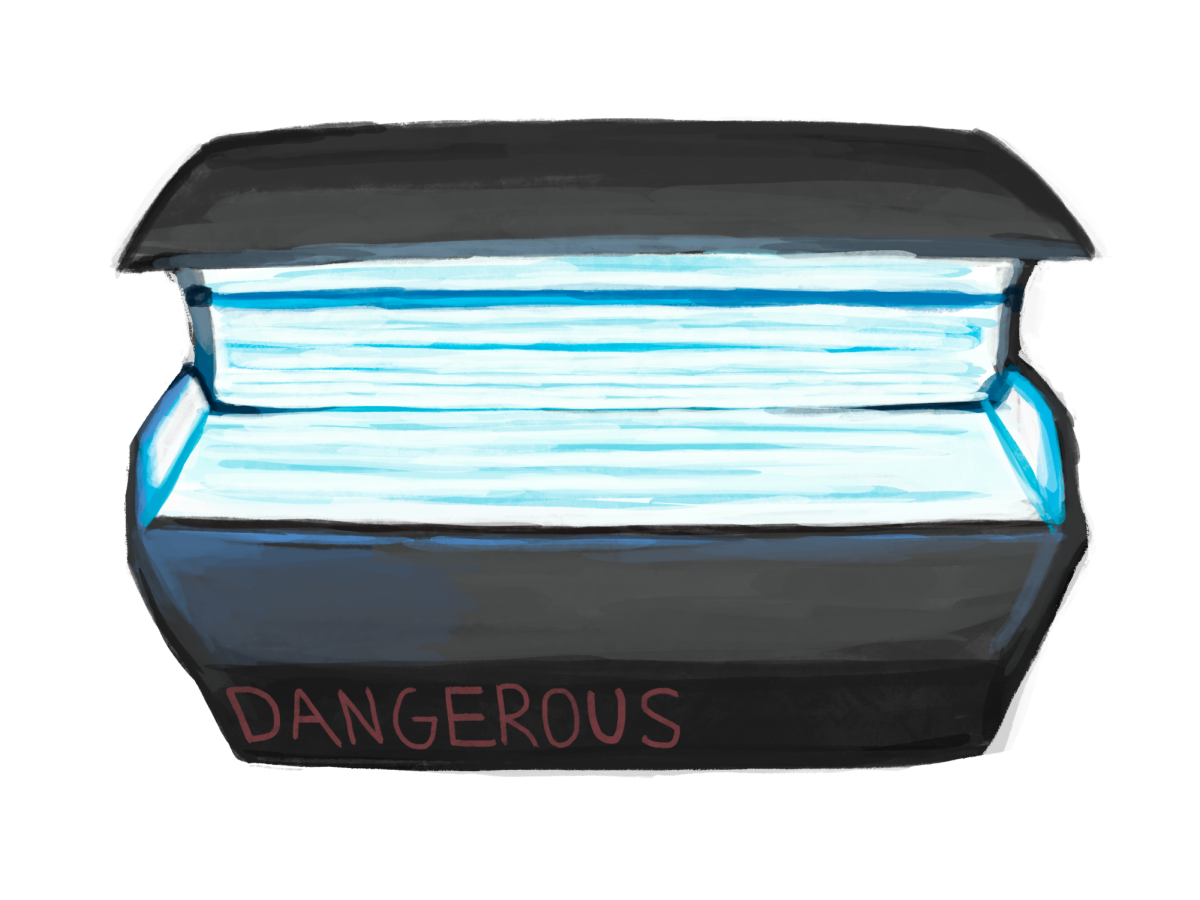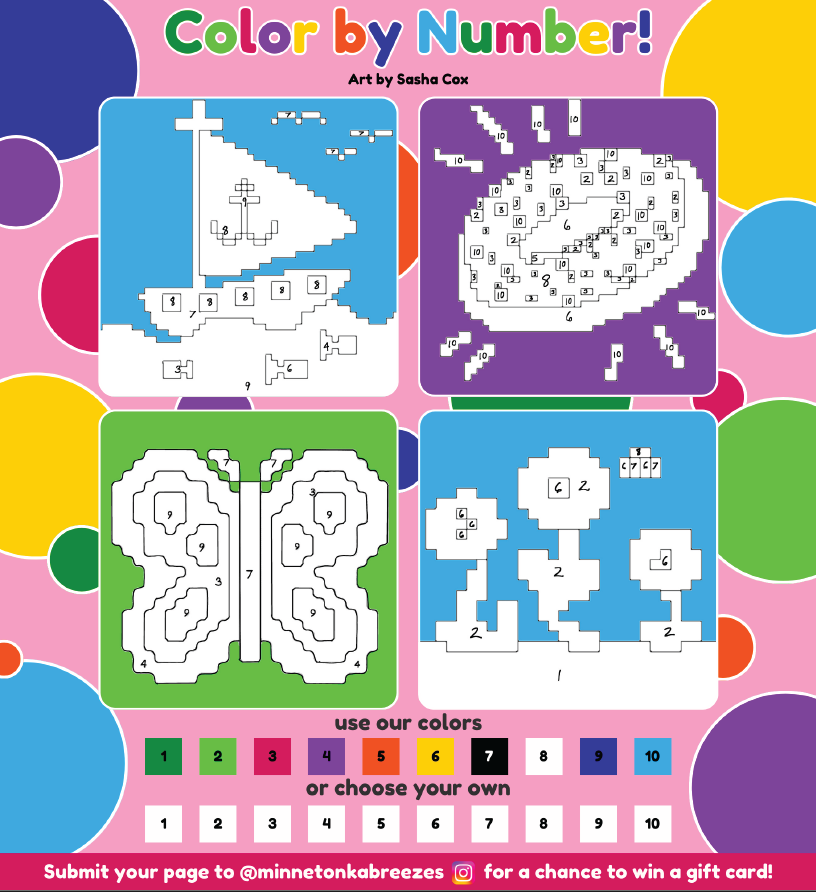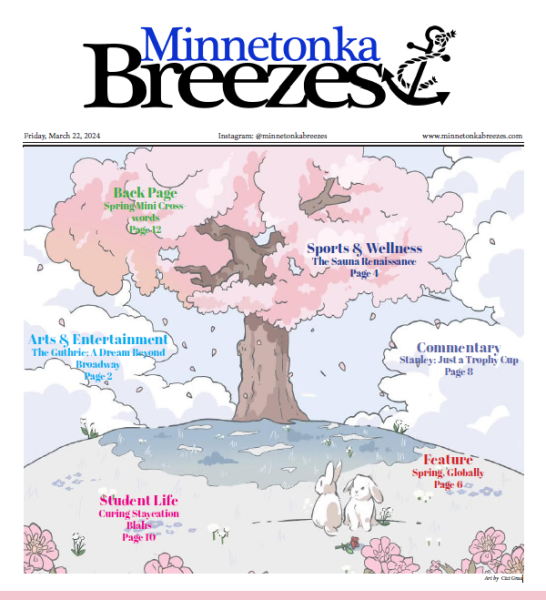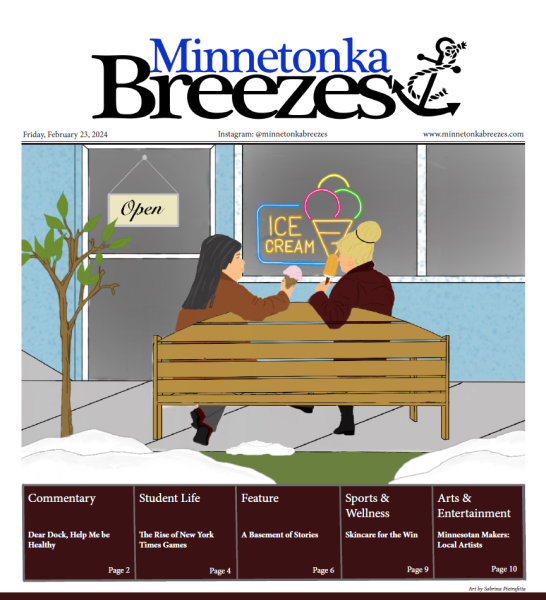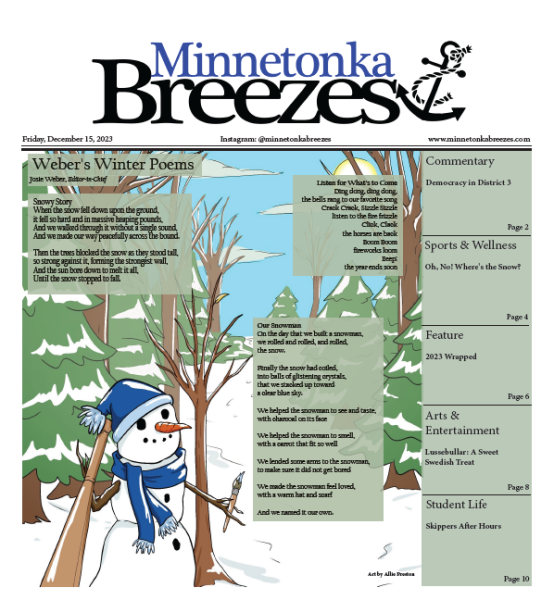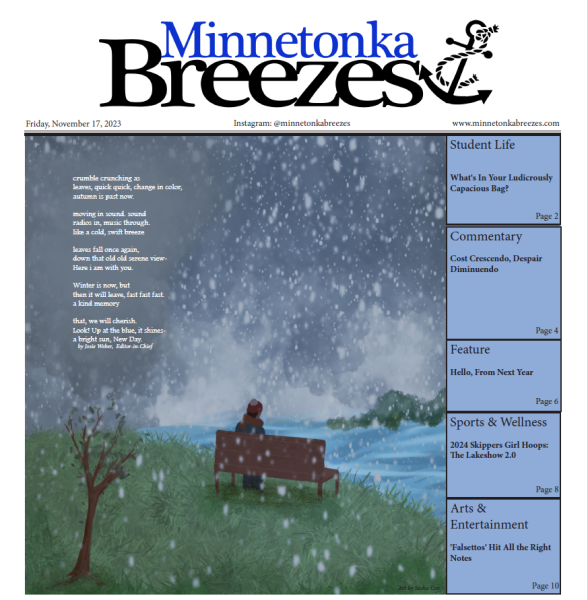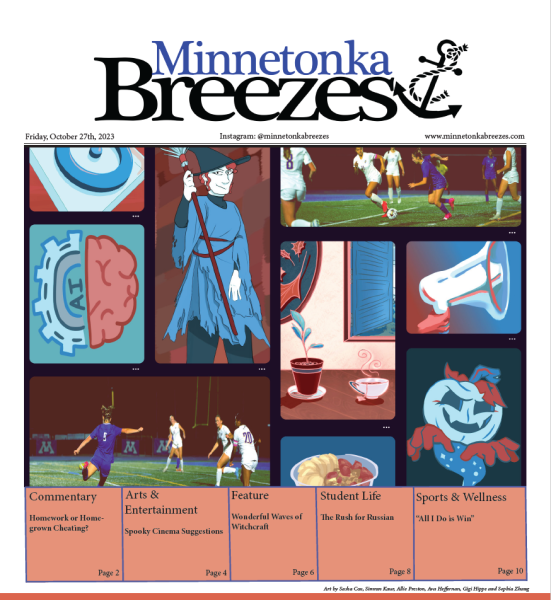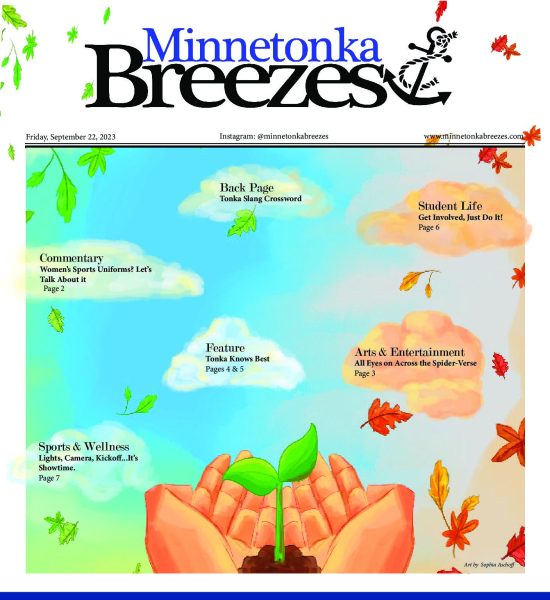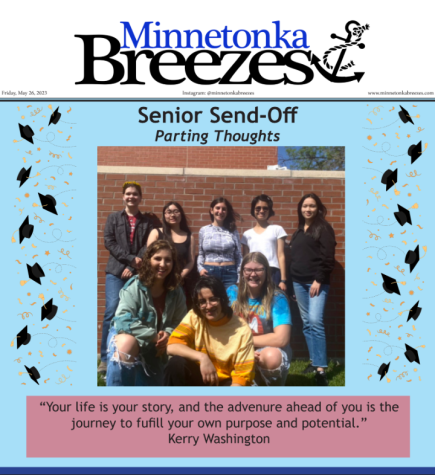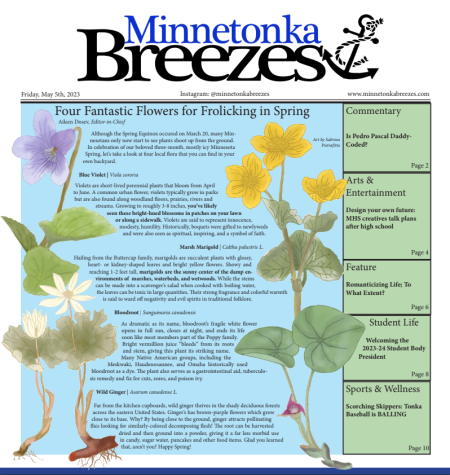Should Politics Play A Role In Public Schools?
February 12, 2021
The role of politics in public schools is not a newly contested topic. Questions surrounding this issue have pervaded the classroom for hundreds of years, such as how far does the freedom of speech go? How does that change when confronted with being in a school environment? And finally, how should political opinions be talked about respectfully?
In the 1969 Tinker v. Des Moines case, the Supreme Court ruled that first amendment rights extended into public schools. In this case, a group of students, most notably Mary Beth Tinker, Christopher Eckhardt, and John Tinker, met to wear black armbands in order to show support for the truce in the Vietnam War.
The principal of their school stated that anybody wearing one of these black armbands would be asked to take them off and, if the student did not take it off, they would be suspended. The students were sent home, and they later sued the school for violating the students’ freedom of expression. Both the district court and the U.S. Court of Appeals for the Eighth Circuit ruled that the school district’s actions were reasonable to uphold school discipline. This case, however, was brought to the Supreme Court and they ruled in a 7-2 decision that the armbands represented pure speech and therefore could not be restricted by the school if no clear danger was present.
But what does this mean for Minnetonka High School? This case established the important precedent that when students enter school property, their first amendment rights could not be hindered. At Minnetonka High School, students led a walkout in favor of gun reform in 2018, scheduled a month after the Parkland shooting to show solidarity. Furthermore, political organizations are allowed to form on campus, and people are allowed to express their political beliefs through clothing or other items like pins or stickers.
Ahlaam Abdulwali, ‘21, spoke on the role of politics in public schools, noticing a difference for administration and students.
She said, “for administration, we should never hear their input on political events other than human rights issues, as these may directly affect students, and it is important to express care and concern in supporting their students.”
Abdulwali also said that administration could provide seminars or safe speaking spaces for students about controversial political topics.
When instead speaking about students, Abdulwali said, “they should be free to express their opinion on political matters. Especially with so many students being well-versed in politics since the 2016 election; it is an inevitable conversation.”
Specifically within the classroom, Abdulwali said, “I’ve never had a teacher share their political beliefs. I think teachers should also avoid sharing their political beliefs because I think the classroom has more leeway in impacting students as teachers connect with their students, which could make the classroom an uncomfortable situation.”
Abdulwali said, however, that, “saying you support women’s rights or LGBTQ+ rights is fine to share as I don’t think it is political, but saying who they are supporting in the election or if you are a Democrat or Republican would not be.”
Diana E. Hess, author of The Political Classroom: Evidence and Ethics in Democratic Education and Dean of the School of Education at University of Wisconsin-Madison, creates a similar distinction naming “settled” and “open” issues.
Hess said, “there are some issues that are settled and should be taught as settled and to not do that is being dishonest with young people. For example, the question about whether climate change is occurring — that’s a settled issue. The question is, What to do about climate change? That’s an open issue.”
Moreover, Hess said that the way in which opinions are shared is also consequential to this ongoing debate.
Hess said, “what we learned from students when we interviewed and surveyed them is that they make a really clear distinction between a teacher sharing his or her own view and a teacher trying to push his or her own view. Students not surprisingly report that they don’t like being pushed.”
Politics in public schools becomes especially messy when one considers the wide spectrum of various peoples’ definition of what politics actually is. The line has definitely become grey, but establishing that line while also creating space for civil discourse can help to understand how politics should be dealt with in the classroom.

